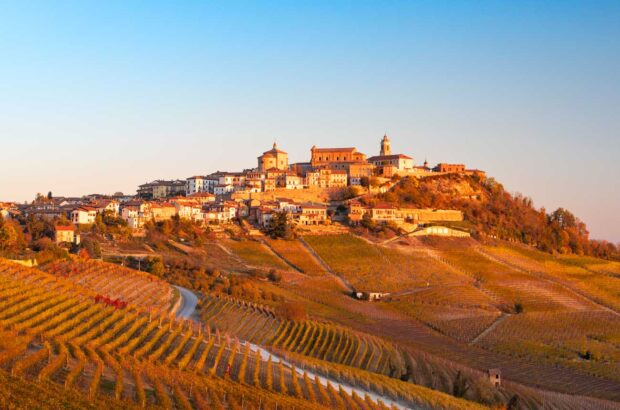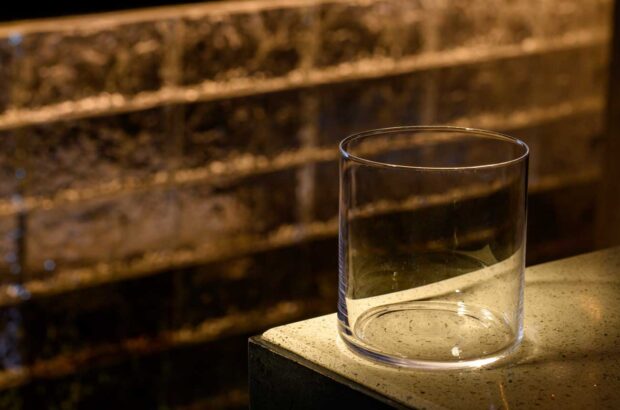France will ban rosé made from mixing white and red wine, even if the EU sanctions the practice, French agriculture minister Michel Barnier has said.
On 27 April, the European Commission is expected to ratify a change in legislation that would permit rosé to be produced by mixing red and white wine, as part of a package of winemaking reforms.
‘I am absolutely opposed to this insane idea of authorising artificial wines,’ said Barnier on Sunday in an interview with RTL radio. He added that he would demand a Europe-wide prohibition on mixing.
‘In any case, if other countries want to produce such artificial wines, we will maintain a ban on such production on our territory out of respect for the consumer and out of respect for the efforts made by French vineyards for quality and tradition,’ said Barnier.
The world’s leading rosé producer, French winemakers make still rosé by briefly macerating red grapes and removing the juice before it becomes heavily coloured. Many are furious that this process will be undermined by permitting production by mixing, a practice allowed in other regions.
EU Agricultural Commissioner Mariann Fischer-Boel has indicated that she plans to keep the agreement on reform of the wine sector intact.
Winemakers already have rebuffed a proposed compromise to allow French rosé labels to carry a special designation indicating production by ‘traditional’ methods.
Written by Graham Tearse





